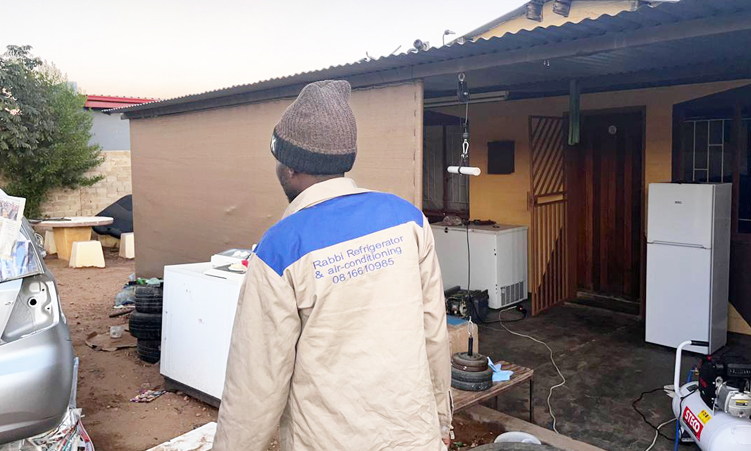In recent years the rapid proliferation of social media has transformed the way our children interact with the world, their families and their education.
Platforms like TikTok and YouTube have become integral parts of the daily lives of our children, overshadowing traditional educational activities.
This shift has had profound implications for their cognitive development and academic performance, a concern that resonates deeply with many parents, including myself as I observe my nine-year-old daughter showing little interest in her school work due to excessive social media and digital distractions.
Excessive screen time has shown reduced attention spans and lower academic achievement.
Because of social media our children have stopped engaging in active and critical thinking. Instead they are absorbing information in a way that does not stimulate their cognitive faculties as effectively as reading or problem-solving activities.
For my daughter this means that the hours spent in front of the television are hours not spent on homework, reading or other intellectually enriching activities.
The immediate rewards offered by these platforms can make schoolwork seem dull.
This shift in priorities can undermine the intrinsic motivation to learn and succeed academically. A survey conducted by the Royal Society for Public Health asked 14 to 24-year-olds in the United Kingdom how social media platforms impacted their health and well-being.
The survey results found that these platforms all led to increased feelings of depression, anxiety, poor body image and loneliness. Enough of blaming the child. The question is what can we as parents do to minimise the risk associated with this foolish technology.
Is it not to curtail our own consumption first? I think it is up to us parents to set a good example of what healthy device usage looks like. Most of us check our phones way too much.
Our children should be used to seeing our faces, not our heads bent over a screen. They need to be assured that we are available to help them with their problems, talk about their day, or give them a reality check. It is the mini- moments of disconnection that dilute the parent-child relationship.
Lastly, the pervasive influence of social media on our children’s behaviour and education is a growing concern, but is not insurmountable.
Therefore, by understanding the impact of these technologies on our children’s development and academic performance and by implementing strategies to mitigate their negative effects, we can help our young ones navigate the digital landscape more effectively.
Through these efforts, our children can then learn to balance their digital lives with their responsibilities and develop into respectful, well-rounded adults.
As for my daughter and many young children out there, my plea is for us parents to steer them in the right direction now.
Time is of the essence.
Junias Ekandjo
Stay informed with The Namibian – your source for credible journalism. Get in-depth reporting and opinions for
only N$85 a month. Invest in journalism, invest in democracy –
Subscribe Now!






